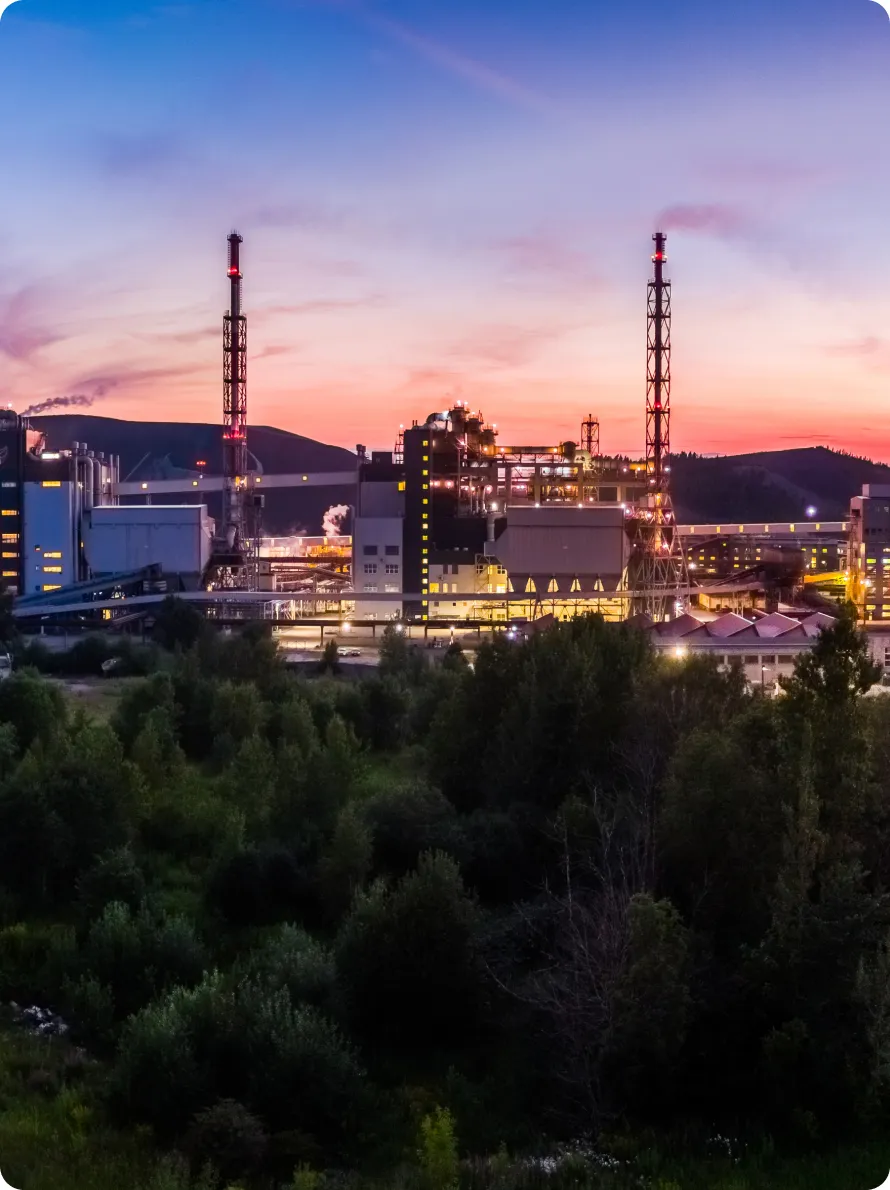Main points of our vision
Globally competitive
The creation of our future values is based on the principle of continually maintaining the role of a leader of sustainable oil shale industry in Estonia in the changing market situation. We can do this thanks to improved efficiency. Safe and coordinated activities help us solve the problems our industry faces and act as a steppingstone in taking advantage of opportunities.
Innovating the shale oil industry
Constant development is essential to achieving success. In order to make our activities simpler and more standardised, we promote innovation through radical changes and cooperation. By developing our technologies, we work in an increasingly better, smarter and more efficient manner and are able to create permanent values.
Our objective, and a consistent principle is to add maximum value to oil shale and lengthen the value chain of the oil shale industry to the maximum extent possible. Today, VKG’s value chain is the longest in Estonia and one of the longest in the world.


